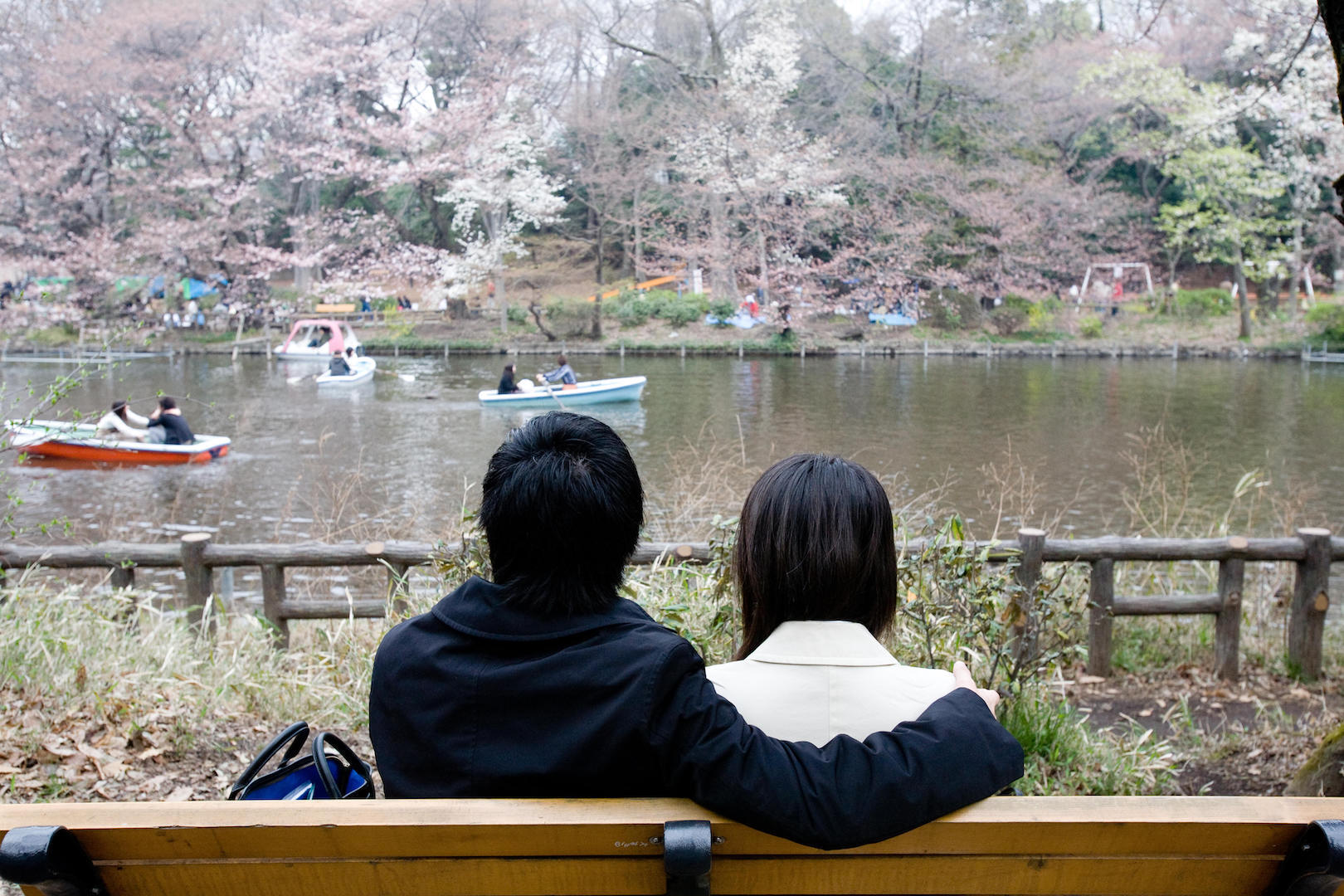
My friend and I sat in a pagoda outside an apartment complex in Asia. We were catching up on summer experiences we’d had since the last time we met. This seems like it would be a pleasant activity, yet when I heard the words, “I got pregnant,” I knew it wouldn’t be. She already had one child, and that was the government’s limit at the time. She said she had no choice. She would have lost her job (impossible to get another), had no support from her husband, and been fined by the government. So she “had the operation.”
She left her eight-year-old son at home alone while her sister-in-law took her in the pouring rain. She had never seen this doctor before. He didn’t tell her what he was going to do, what she would experience, or whether it was even a normal pregnancy or not. Five nurses of sorts were in the room laughing and talking about their experiences with the popular gambling game of Ma Jiang, totally unaware of the horror my friend felt in her heart for the procedure that was about to take place.
Denial and Shame
Abortion, a regular occurrence for women here, has become standard procedure. It has functioned as the government’s form of controlling population numbers for some time. Hearts have become hardened, unwilling to open the wounds in discussions about what they cannot control. What else is there to do but deny?
Because Asian cultures value honor and use shame as a behavioral motivator, Asians keep their emotions, weaknesses, and personal issues inside. This is a strategy to prevent “losing face” and bringing shame to one’s self or family. In this shame/honor culture, the centuries-old pattern of gender preference for boys mixed with a one-child policy has kept abortion a silent, personal issue, isolating women and men in their pain.
“In this shame/honor culture, the centuries-old pattern of gender preference for boys mixed with a one-child policy has kept abortion a silent, personal issue, isolating women and men in their pain.”
The culture does not allow women to grieve for the “tissue” that has been extracted from their wombs. Hurts run deep. Mothers have bonding issues with their living children, many believing the lie that they are unable to be good mothers. And they may not recognize that their mood changes when that date rolls around each year. Husbands regret that they didn’t protect their children. Children resent the fact that the government and their parents decided they would grow up with no siblings. Couples are emotionally numb toward each other but unwilling to dig deep enough to seek healing. They believe the lie that hardness and denial are the only medicine.
A Path to Healing
On her sofa, in a weakened state, my friend read the entire New Testament in search of comfort. Unlike most, she now lives with the conscious grief of knowing what she has done, yet feeling there was no choice. Grace seems like a distant concept, and she wants to do something for our Lord to “make up” for “killing” her child, as if trying to buy her pain away. As I sat there crying with her, I wondered if it would be better for these people to believe what the world tells them: this was only tissue. But in fact, all mothers know, no matter who we are or what we try to convince ourselves, we know it is a child we carry. Without that admittance, there can be no healing from these past hurts.
“She wants to do something for our Lord to ‘make up’ for ‘killing’ her child, as if trying to buy her pain away.”
Four of my friends and I have attended a one-day Abortion Recovery (AR) workshop to learn how to help those we work with recover spiritually and emotionally from having or participating in an abortion. Through AR, many are healed from the guilt and shame (Gen. 3:7–8; John 3:16–17) and set free from the captivity (Isa. 61:1; John 8:36) of abortion’s effects. Even those who have already received forgiveness from the Father may need help dealing with the anger and other effects of abortion that hinder spiritual growth and healthy relationships.
To have spiritually healthy churches and coworkers in Asia, AR healing opportunities are needed and could be added to our discipleship process. Healthy disciples make healthy disciplers. Experiencing the freedom that Christ intended allows us to mentor others in that same freedom.
How You Can Help People Recover from Abortion
Pray
Pray for our sisters and our brothers in Asia, around the world, and even next door to you who carry the scars in their hearts from abortion.
- Our Lord has a heart to bestow on us “a crown of beauty instead of ashes, the oil of joy instead of mourning, and a garment of praise instead of a spirit of despair” (Isa. 61:3).
- Pray for open hearts, that they will be willing to allow Jesus to heal and transform them.
- Pray for the lost who do not know who to turn to with their deep pain from abortion.
Join or Start an Abortion Recovery Group
Ask God if he wants your church to start an AR group to reach out to others and provide an environment that promotes healing.
- Many AR groups and organizations provide individuals and churches special training in Post Abortion Stress Syndrome and post-abortion healing. Abortion Recovery Network helps locate post-abortion ministries both in the United States and internationally.
- Download this list of abortion recovery resources to access directories, websites, and materials for those affected by abortion.
- If you’re not sure how you can take others where you’ve never been, start with self-examination. Ask the Lord to show you what lies you are believing about yourself, and what hurts, shame, bitterness, unforgiveness, or past sin may be controlling you. Pray for the Lord to help you surrender control and begin replacing the belief of lies with meditation on his truth. He is calling, “Come now, let us settle the matter,” says the Lord. “Though your sins are like scarlet, they shall be as white as snow; though they are red as crimson, they shall be like wool” (Isa. 1:18 NASB).


